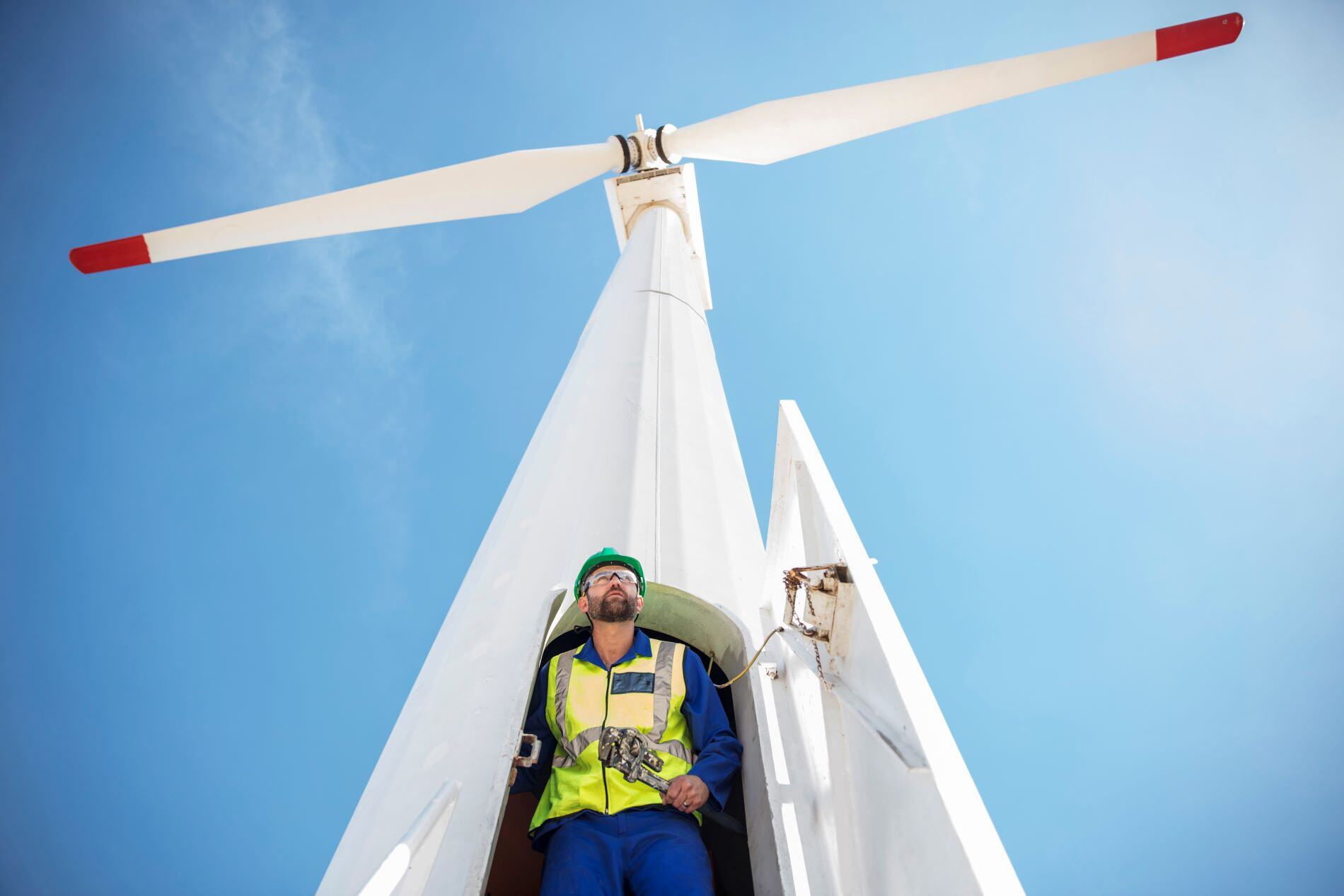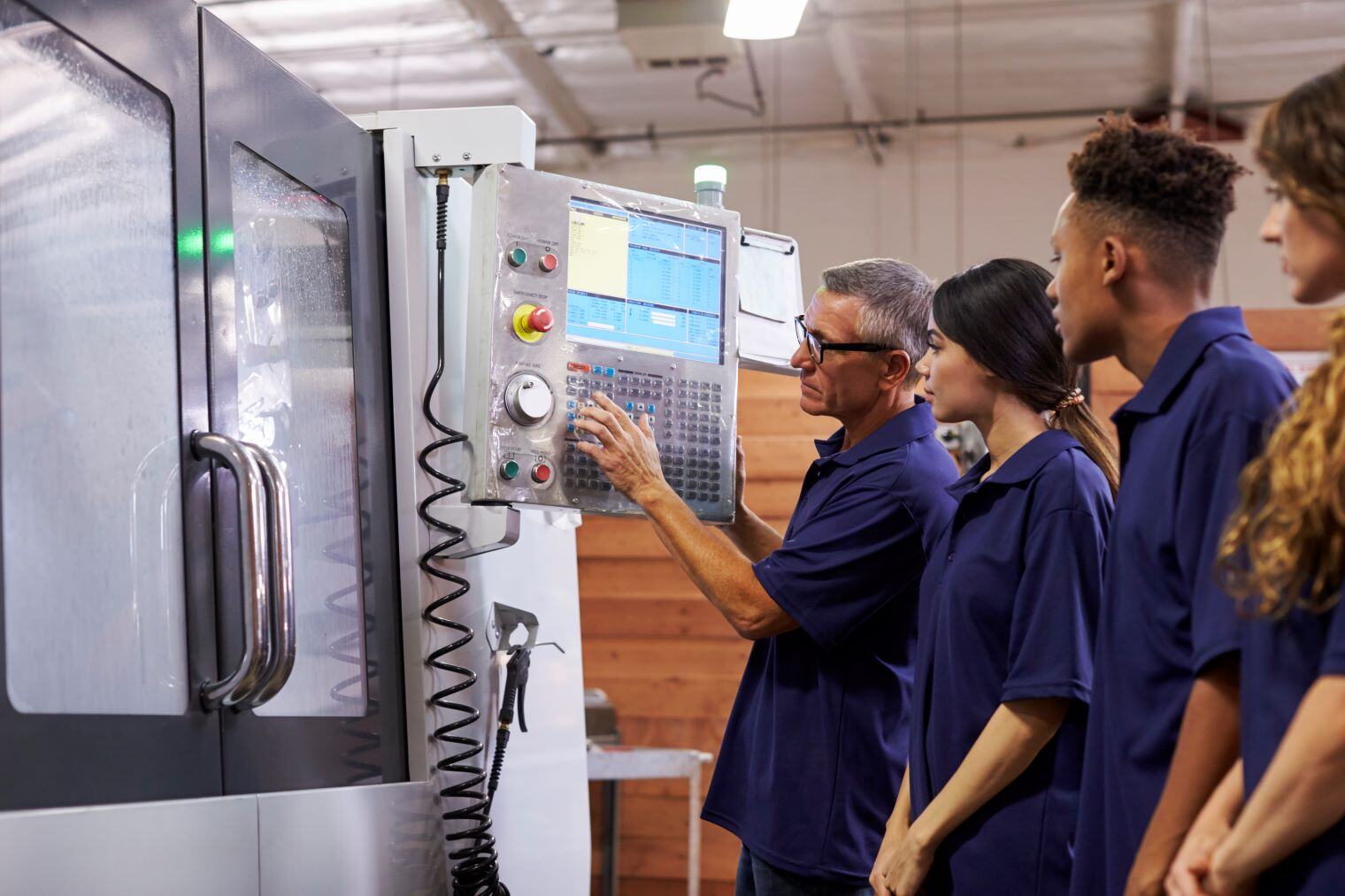Top 5 Skilled Trade Jobs That Pay Big Without a Degree

Post Categories
Timpl Marketing
Skilled trade jobs are booming, offering job security and great career paths without the need for a four-year degree. If you’re looking for a solid career path with great pay, job security, and growth opportunities—and you don’t want to spend years in college—you’re in the right place. What's even more exciting is that these jobs not only bring a decent paycheck to your home but are also in high demand and projected to grow fast in the coming years.
Here’s a look at five top trades in the U.S, including what each job entails, how to get started, salary expectations, growth potential, and the industries that need these roles the most.
What do Electricians do?
Electricians install, maintain, and repair electrical systems in residential, commercial, and industrial settings. They handle wiring, circuit breakers, and other electrical components, ensuring systems operate safely and efficiently.
What’s Needed to Get Started
- Education: High school diploma or GED.
- Training: Apprenticeship (typically 4-5 years), with classroom and hands-on training.
- Licensure: State licensing is required, often with continuing education.
How much does an Electrician make?
Average salary is $61,000 per year, with the potential to reach up to $104,000 per year (US Bureau Statistics).
Job Growth: Projected 11% growth over the next decade.
Industries with High Demand: Construction, manufacturing, and utilities industries have the highest demand for electricians, with ongoing construction and modernization projects creating consistent opportunities
Plumber
What do Plumbers do?Plumbers install and repair water, gas, and waste systems in homes, buildings, and industrial facilities. They work on pipes, fixtures, and other plumbing equipment, handling anything from small residential repairs to large-scale commercial systems.
What’s Needed to Get Started
- Education: High school diploma or equivalent.
- Training: 4-5 year apprenticeship, often through unions or vocational programs.
- Licensure: State licensure required, with additional certifications for specialties like gas systems.
How much does a Plumber make?
Average salary is $61,000 per year, with the potential to reach up to $103,000 per year (US Bureau Statistics)
Job Growth: Expected growth of 6% over the next decade, driven by new construction and the need for plumbing system maintenance.
Industries with High Demand: Construction, municipal services, and home repair industries need plumbers the most, with demand rising in urban areas experiencing growth and renovation.
Industrial Machinery Mechanic
What does an Industrial machinery mechanic do?
Industrial machinery mechanics maintain and repair factory equipment, heavy machinery, and automated systems. They troubleshoot issues, perform routine maintenance, and ensure that production processes run smoothly and safely.
What’s Needed to Get Started
- Education: High school diploma or technical school certificate.
- Training: On-the-job training or apprenticeship, plus certifications for specific machinery.
- Additional Skills: Mechanical aptitude and problem-solving skills are essential.
How much does an Industrial machinery mechanics make?
Average salary is approx. $61,000 per year, with the potential to reach up to $86,000 per year
Job Growth: Projected to grow by 9% over the next decade due to increased automation and industrial expansion.
Industries with High Demand: The manufacturing, automotive, logistics, and wholesale trade industries rely heavily on industrial machinery mechanics to keep production equipment in top condition.
What does a Wind turbine technician do?
Wind turbine technicians install, inspect, and maintain wind turbines used for renewable energy production. They work at significant heights and handle everything from electrical systems to mechanical components.
What’s Needed to Get Started
- Education: Technical certificate in wind energy technology.
- Training: On-the-job training and safety certifications.
- Physical Requirements: Comfortable with heights and climbing, as much of the work is done on tall towers.
How much does a Wind turbine technician make? Average salary is approx. $62,000 per year, with the potential to reach up to $90,000 per year (US Bureau Satistics)
Job Growth: 9% projected growth over the next decade due to the expansion of renewable energy initiatives.
Industries with High Demand: Renewable energy and utility companies are the primary employers, as many states and organizations invest in sustainable energy infrastructure.
Avionics Technician
What does an Avionics Technician do?
Avionics technicians install and repair aircraft electronic systems, including navigation and communication systems. They work with advanced diagnostic equipment to test and troubleshoot avionics components, ensuring planes meet safety and regulatory standards.
What’s Needed to Get Started
- Education: High school diploma, with many completing an FAA-approved technical school.
- Certification: Optional but highly recommended FAA certification for career advancement.
- Skills Needed: Strong technical and problem-solving skills, with attention to detail.
How much does an Avionics technician make?
Average salary is approx. $77,000 per year, with the potential to reach up to $107,000 per year.
Job Growth: 8% growth rate as air travel rebounds and new technologies require skilled maintenance.
Industries with High Demand: The aviation, aerospace, and defense industries have a strong need for avionics technicians, particularly as technological advancements necessitate regular upgrades and maintenance. Other high-demand industries include manufacturing, transportation, and warehousing.
Each of these skilled trades offers a rewarding path with high pay and growth opportunities, often without needing a college degree. Whether you’re drawn to manufacturing, construction, renewable energy, or aviation, these trades can open doors to a stable and fulfilling career.
If you’re still unsure about diving into a skilled trade, check out 10 Reasons to Pursue Skilled Trades from our experts. Once you’re ready, Timpl can help you find your next high-paying opportunity and get started in a career that works for you! Connect with our team, today!


